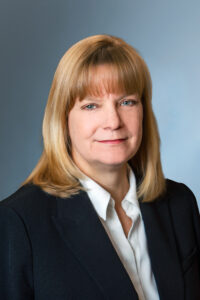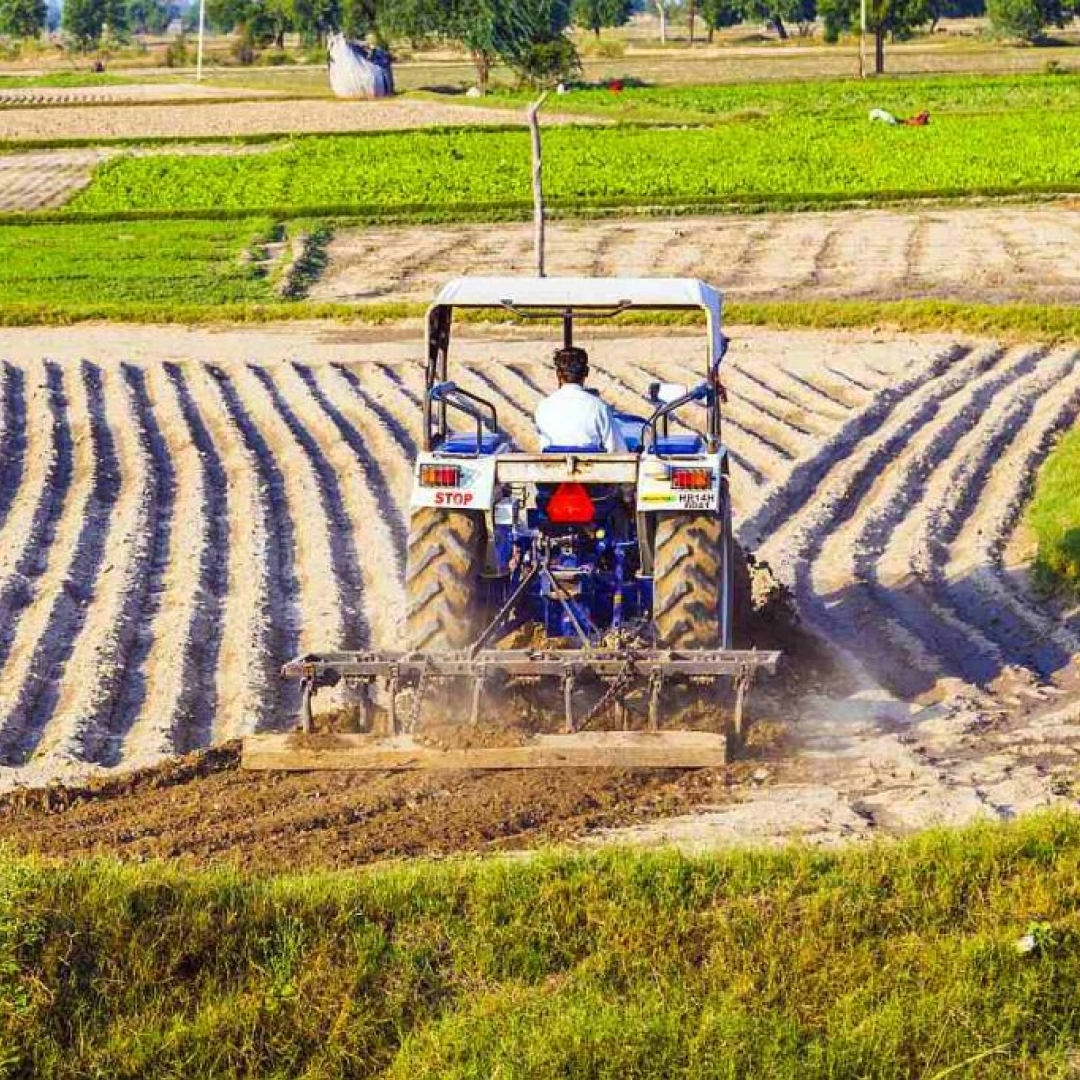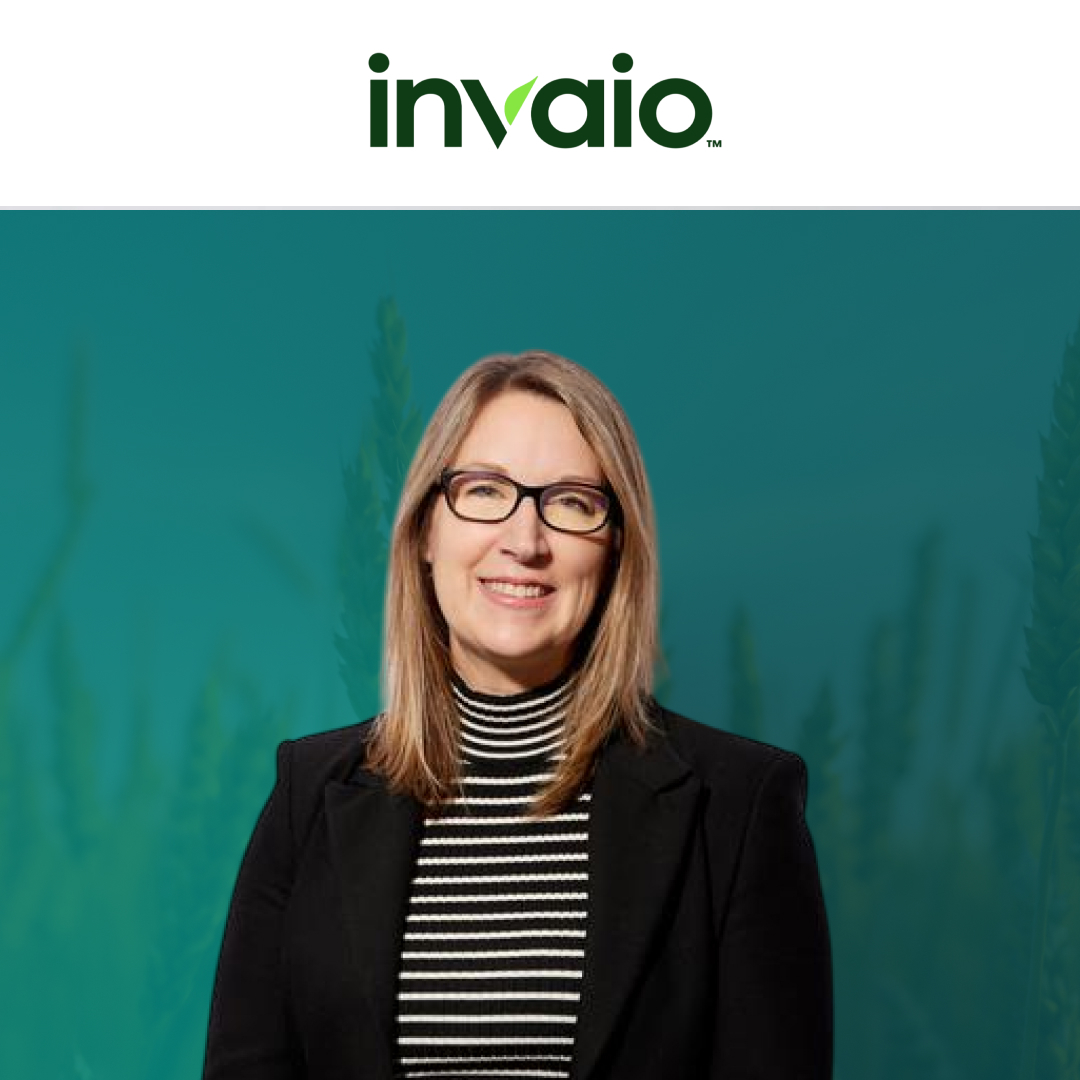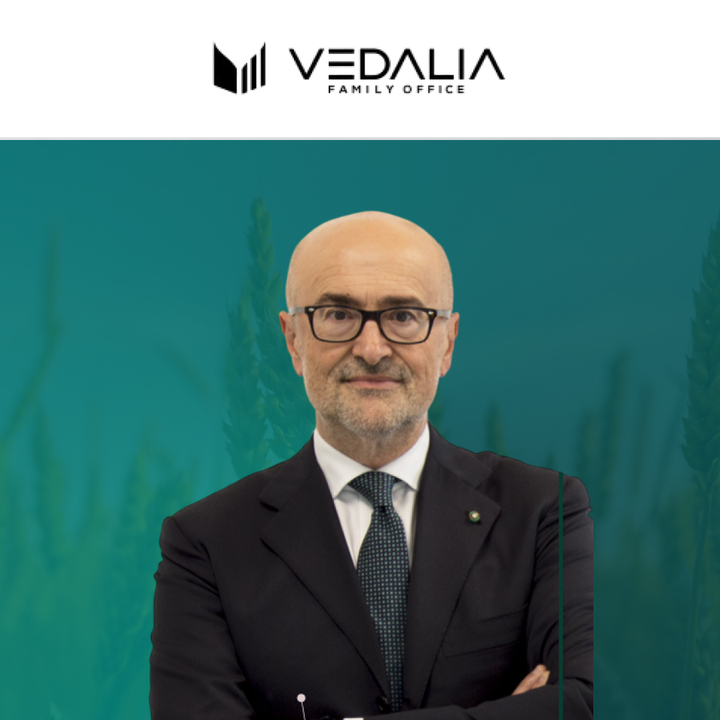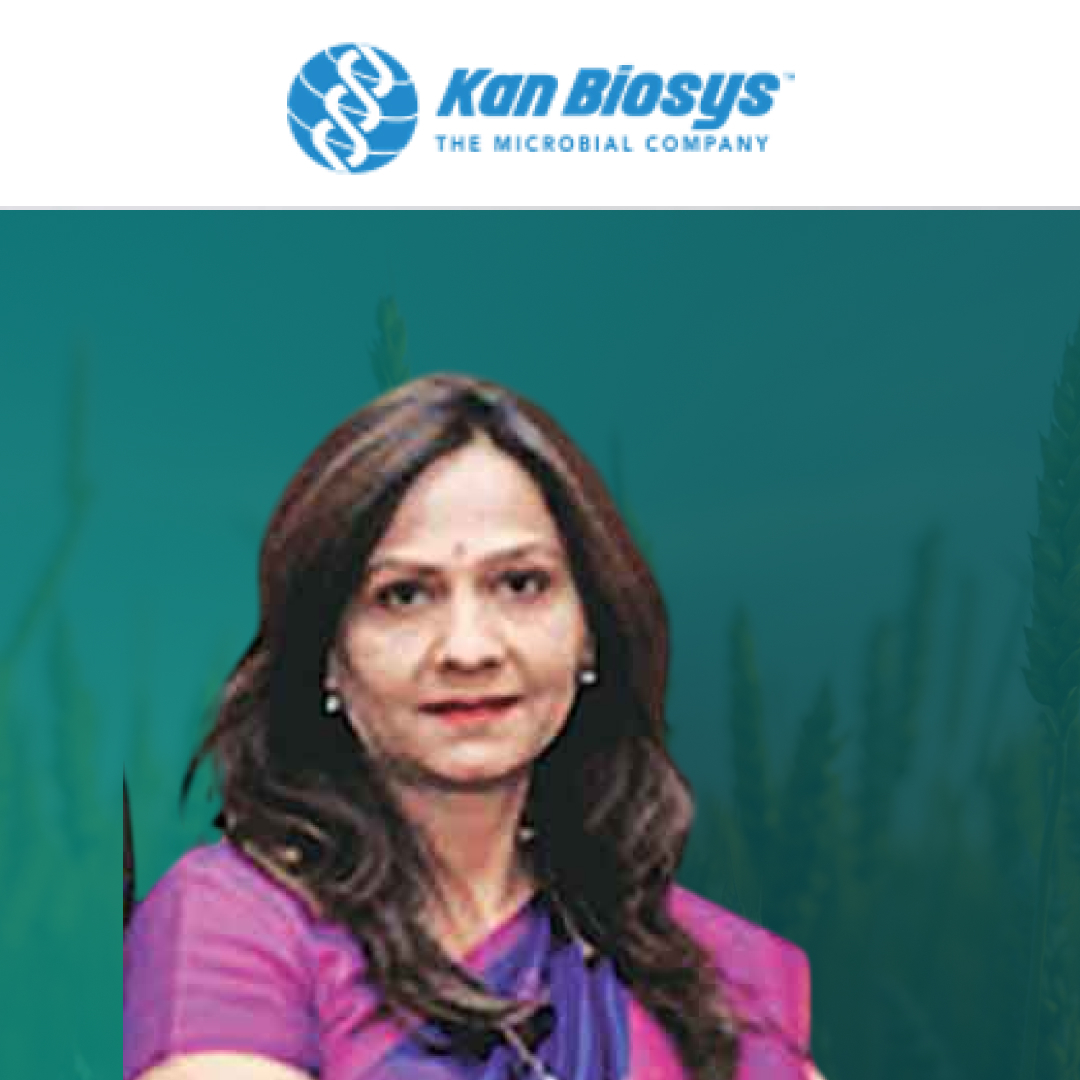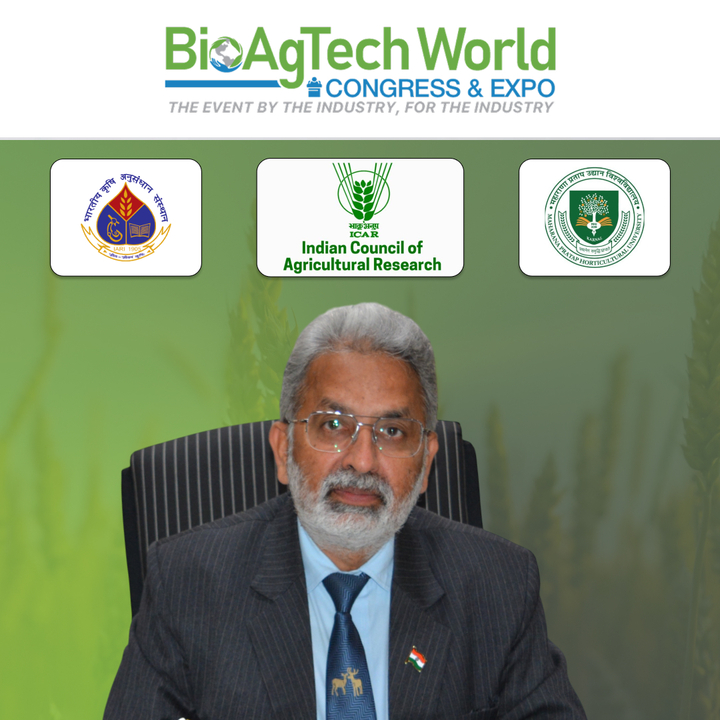
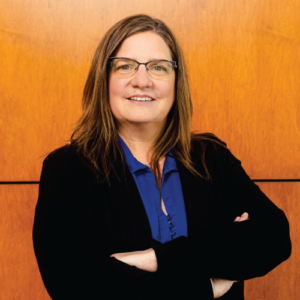
Amy Asmus, Agricultural Retailers Association, USA
Amy Asmus is a respected and successful owner/agronomist of Asmus Farm Supply, Inc., a family-owned agricultural retailer selling to growers who apply crop inputs. Amy is also involved in her family’s farming operation. In addition, she is a partner in SecureTracs, a business helping retailers comply with EPA repackaging and tank tracking requirements. Amy is currently Chair on the Board of Directors of the Agricultural Retailers Association.
She is past chair of International Certified Crop Adviser (ICCA) and currently serves as the liaison between ICCC and the American Society of Agronomy Executive boards. Since 2012, she has served on a Weed Science Society of America national task force to find more effective private and public approaches to manage herbicide resistance. Amy and her husband Harlan founded and support the “Into the Field” initiative, a program created to strengthen the partnership among the agricultural industry, ISU faculty, and ISU students to cultivate strong agronomists for the future.
Amy is passionate about her beliefs and is fearless when it comes to getting results. She is also proud to be a mother of three children and enjoys time with her six grandchildren
Q1. You have been in the agriculture industry for approximately three decades. How has been your journey? What is the most thrilling part of it?
It has been an adventure. I have had a lot of help and incredible mentors who spent time teaching me the agricultural world. I started with a Bachelor of Fine Arts (BFA) degree in Graphic Design and growing up the closest I came to farming was the corn field just past our backyard. At every turn, there was a huge learning curve. I have many memories, but the most thrilling part is the people I meet along the way and the challenge of being a lifelong learner. Here I am a few decades into this journey, and I still run into great people and am challenged to learn new ways to optimize production for our customers and our industry.
Q2. You studied graphic design and were working when you married into the Asmus family. What attracted you to agriculture? Why did you decide to train in agriculture and be a CCA?
Falling in love makes one do crazy things! I met and got engaged to Harlan at Iowa State University. By the time I graduated with a BFA, I knew I would move to a smaller town. I did work at the local newspaper when I first moved back into the area, but the family business was in agriculture and Harlan was very successful in expanding Asmus Farm Supply’s (AFS) footprint. As the business grew, I found myself helping more and more with some of the reporting and other behind the scenes needs at AFS. Being a family member, more and more customers assumed I understood production and would expect me to know agronomy. I could not go to school then because of the small children at home, so I figured out how to bring “school” to me.
I learned of the Certified Crop Adviser’s (CCA) program and used their performance objectives as a checklist to learn crop production, pest management, nutrient management, and soil and water management. Iowa State University’s extension service along with the others was instrumental in providing information and answering my questions. I learned what I needed and became a certified agronomist. My association with stakeholders in the industry did not stop when I passed the tests. The network I formed while learning became one I wanted to give back to. I help ISU when I can with information and support. I have been a strong supporter of the CCA program serving on state and international boards, becoming the national/international chair of their board in 2017. I have also had many mentors from other agricultural retailers. Through those networks, I have become involved with the leadership of the Agricultural Retailers Association and am serving as their board chairman in 2024 and 2025. A business need helped me decide to train in ag and become a CCA, but the people in ag fed my passion and love of the industry.
Q3. Besides Asmus Farm Supply, you are also involved with the AgTech software for retailers. How important is AgTech in making agriculture more sustainable and futuristic?
My AgTech company is a small one, we track bulk tanks and compliance with EPA’s 2010 regulations around that. But it does give me a foot in the door around understanding AgTech space and its potential to provide us real searchable data to base decisions on and support with advising and production. There are many types of technology used in agriculture, such as for discovering and producing new seeds and products, selling, distributing, and tracking products, and technology used in the field for planting, monitoring, managing, and harvesting the crops we produce. Technology is important to incorporate in all aspects of production. I think sustainable practices will be monitored by technology. Still, the actual decision to implement a sustainable practice, although aided by data, will be made by the grower, or forced by regulation. Futuristic? Sure! I like to think the data and technology we implement today will lead to a better understanding of how we should produce crops in the future. The technology of autonomous vehicles (on the ground or in the air) is cool and looks like something from a futuristic movie set. The most important thing we need to think about while looking at AgTech’s role in production is that it provides accurate data to base decisions on, a timely and accurate way to interpret that data, a level of safety in carrying out the crop production operations and a way to determine productions effects on the environment, considering ways to minimize any adverse effects.
Q4. Agriculture has always been considered as male-dominated field; however, more and more women are entering the field. What are some of the challenges you have faced as a women-leader in BioAg? Have you ever felt treated differently than your male counterpart in the BioAg industry?
I will say that when I entered the field of BioAg, there were very few women in the production or sales/consultant side of the industry. Most of the women I would run into were in the field of extension, education, or research.Yes, there were times I was treated differently by a customer. I do not think that always was because I was a female. I have also observed customers choose one male over another. I conclude that people will do business with people they have something in common with or feel comfortable with and respected. In today’s BioAg world, if you are knowledgeable and act respectfully, people do not pull back from working with a female. I have a hard time believing that a person’s gender is enough to make a broad statement about their strengths.
Q5. What are the major hurdles faced by the BioAg Industry, especially by farmers and retailers? What role can BioAg companies play in mitigating these challenges?
A biological product, by its very nature, is very dependent on the environment in which it is expected to thrive. To be successful we as farmers and retailers MUST have the data and situational information to place these products in an environment where they can thrive and play an impactful role in production. They are not synthetic chemistries that work in most places, most of the time. Also, most biologicals work best in situations that are deficient in some aspect of production, like to help better uptake something (usually nutrients or water). If a grower’s field is not deficient, they will not usually reduce their proven nutrient plan to take full advantage of the biological. Some biologicals help to colonize a beneficial micro-organism that is weak in the soil (inoculants). If they thrive naturally in the soil, the added biological does not show much of a benefit. There are many emerging benefits to biologicals, but one thing that Biological companies can do to mitigate challenges is to provide sound data about how to place biologicals for success. No grower or retailer wants to just spend money and throw something in just because it “might” help. They want to know how and why it helps.
Q6. What is your belief for the next generation of women striving to make their career in BioAg?
I think that everyone entering the BioAg field needs to believe that success depends on the constant study of your industry and the willingness to be a lifelong learner. Also, surround yourself with incredible people who challenge you and support you. Everyone needs as many good mentors as you can find.

